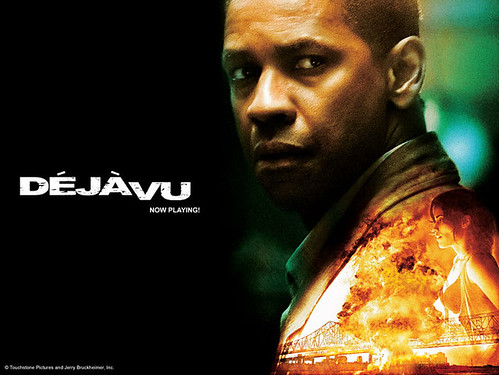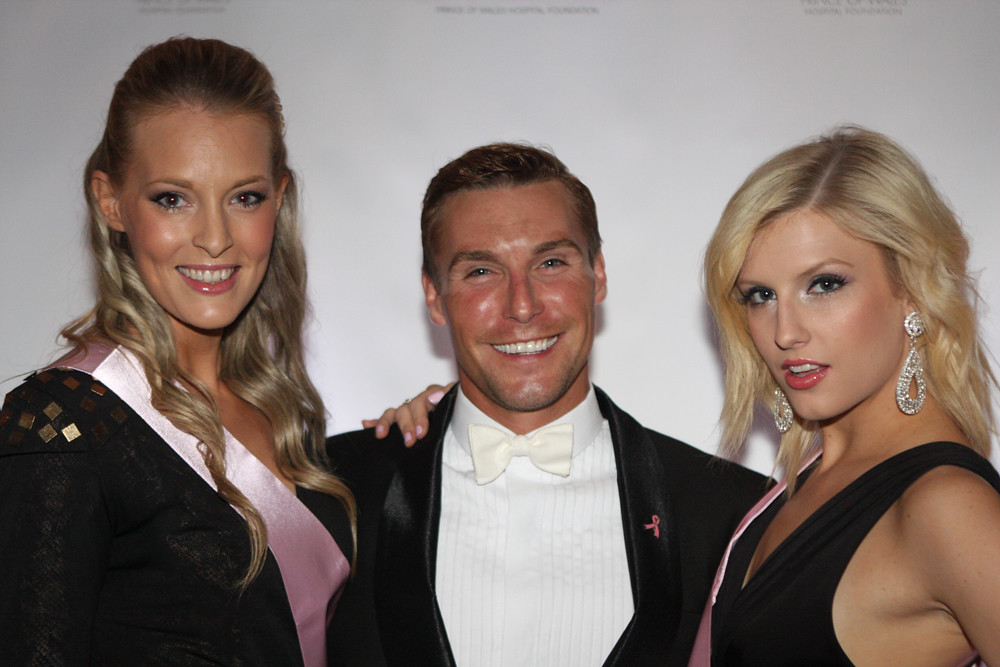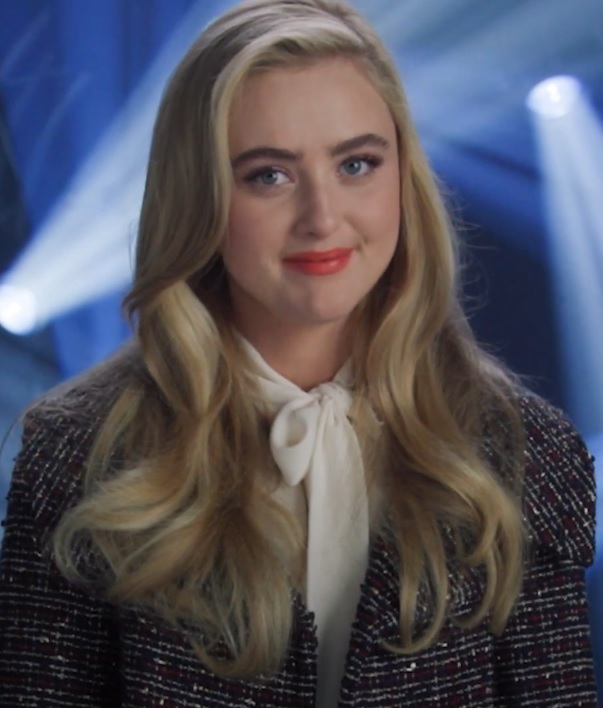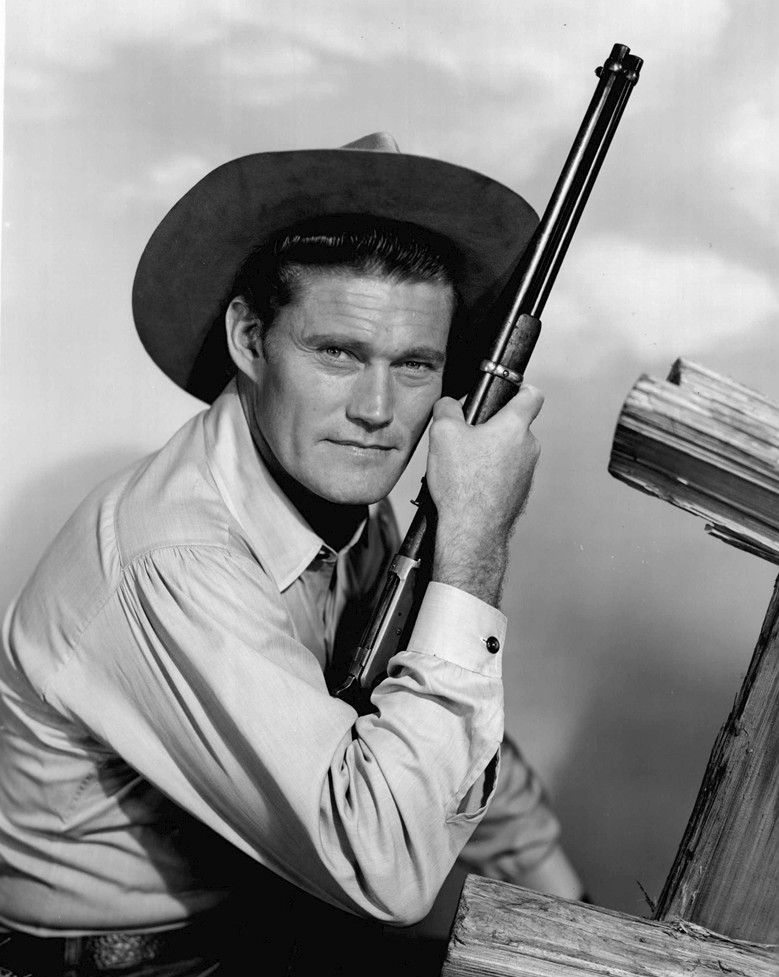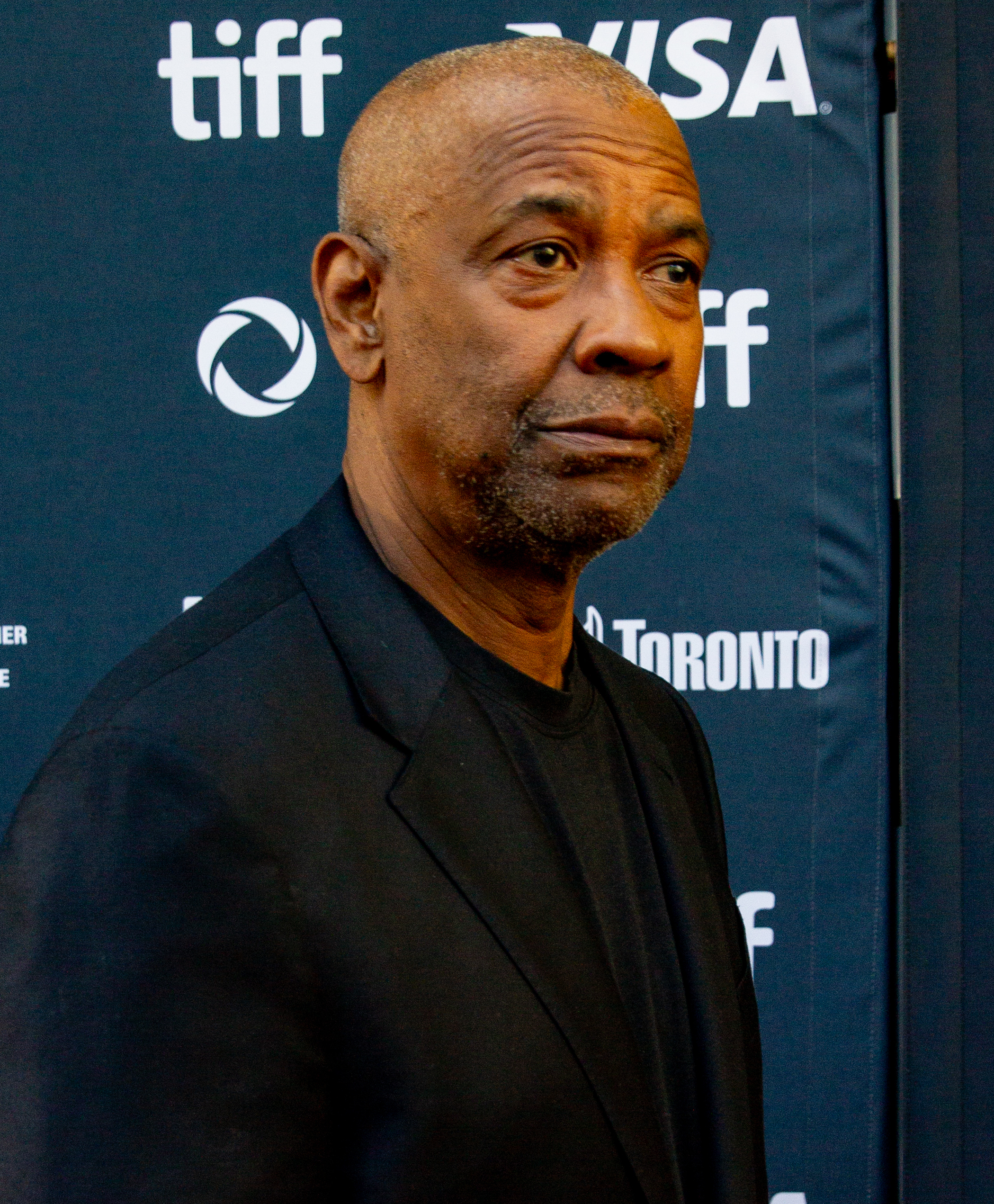
Denzel Hayes Washington Jr., born on December 28, 1954, stands as an iconic American actor, producer, and director, whose profound impact on both stage and screen has earned him unparalleled acclaim. Recognized for his dramatic versatility and powerful performances, Washington has garnered numerous accolades throughout his career, cementing his status as one of the most significant figures in modern entertainment. In a notable recognition of his enduring talent, The New York Times named him the greatest actor of the 21st century in 2020. His films have collectively grossed over $4.9 billion worldwide, a testament to his widespread appeal and box office success.
Washington’s journey into the world of acting began after an early life rooted in Mount Vernon, New York. His mother, Lennis “Lynne” (Lowe), was a beauty parlor owner and operator, while his father, Denzel Hayes Washington Sr., served as an ordained Pentecostal minister and an employee of the New York City Water Department. The pivotal moment arrived when his parents divorced at his age of 14 in 1968, leading his mother to send him to Oakland Military Academy in New Windsor, New York.
Reflecting on this transformative period, Washington later stated, “That decision changed my life, because I wouldn’t have survived in the direction I was going. The guys I was hanging out with at the time, my running buddies, have now done maybe 40 years combined in the penitentiary. They were nice guys, but the streets got them.” This early experience profoundly shaped his trajectory. Following his time at Oakland, he attended Mainland High School in Daytona Beach, Florida, from 1970 to 1971.
His academic pursuits led him to Fordham University, where he earned a Bachelor of Arts in Drama and Journalism in 1977. During his collegiate years, Washington was also a collegiate basketball player, serving as a guard under coach P. J. Carlesimo. After a semester break and a period of indecision about his major, a colleague at Camp Sloane YMCA in Lakeville, Connecticut, where he worked as a creative arts director, suggested he try acting after witnessing his talent in a staff show.
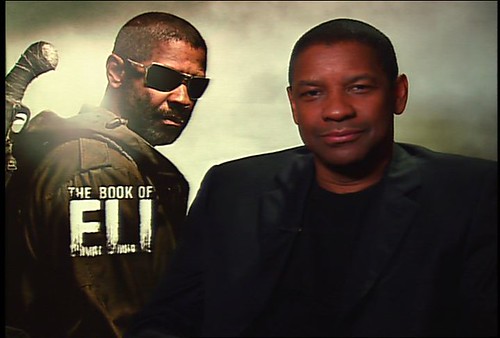
This suggestion sparked a renewed purpose, leading Washington to enroll at Fordham’s Lincoln Center campus to immerse himself in acting studies. There, he took on titular roles in Eugene O’Neill’s *The Emperor Jones* and Shakespeare’s *Othello*. His commitment to honing his craft led him to attend graduate school at the American Conservatory Theater in San Francisco, California, for a year before returning to New York to officially launch his professional acting career.
Washington’s professional acting career commenced in the summer of 1976, performing in summer stock theater in St. Mary’s City, Maryland, for *Wings of the Morning*. This Maryland State play was uniquely written for him, incorporating an African-American character and narrator loosely based on the historical figure Mathias de Sousa. His screen acting debut soon followed in the 1977 made-for-television film *Wilma*, a docudrama about sprinter Wilma Rudolph.
His first Hollywood appearance was in the 1981 film *Carbon Copy*. A significant career breakthrough arrived with his role as Dr. Phillip Chandler in NBC’s television hospital drama *St. Elsewhere*, a series that ran from 1982 to 1988. He was one of the few African-American actors to appear on the show for its entire six-year run, establishing his presence in television.
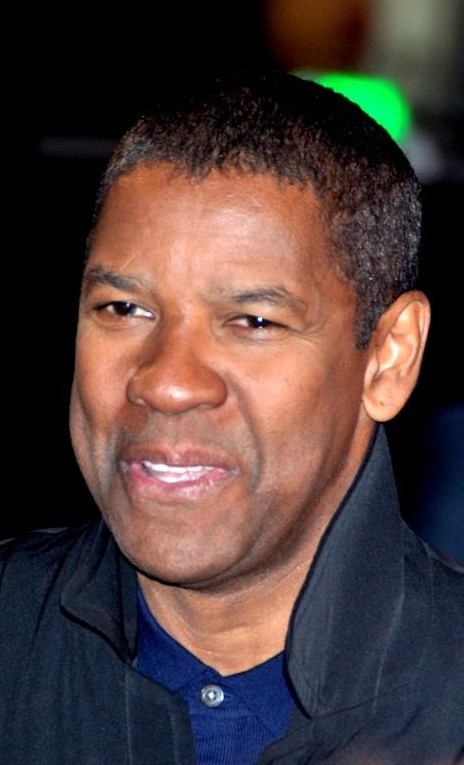
Washington’s early film roles continued to build his profile, including *A Soldier’s Story* (1984), *Hard Lessons* (1986), and *Power* (1986). In 1987, his portrayal of South African anti-apartheid political activist Stephen Biko in Richard Attenborough’s *Cry Freedom* earned him his first Academy Award nomination for Best Supporting Actor, signaling his emergence as a formidable dramatic actor.
The culmination of this early period came in 1989 when Washington won his first Academy Award for Best Supporting Actor for his powerful performance as a defiant, self-possessed ex-slave soldier in the film *Glory*. That same year, he showcased his versatility in *The Mighty Quinn* and in *For Queen and Country*, where he played Reuben James, a British soldier confronting racism and violence after a distinguished military career.
The 1990s marked Washington’s ascent to Hollywood superstardom and critical acclaim. In the summer of 1990, he took on the title role in the Public Theater’s production of William Shakespeare’s *Richard III*. Mel Gussow of The New York Times lauded his performance, describing him as “an actor of range and intensity, is expert at projecting a feeling of controlled rage.”
His collaborations with director Spike Lee during this decade were particularly impactful. He starred as Bleek Gilliam in Lee’s 1990 film *Mo Better Blues*, a performance praised by Charles Murray of Empire as a “taut portrayal of the driven musician.” In 1991, he starred opposite Sarita Choudhury in Mira Nair’s romantic drama *Mississippi Masala*, where critic Roger Ebert noted, “Washington is an actor of immense and natural charm, and he makes a good match with Sarita Choudhury.”
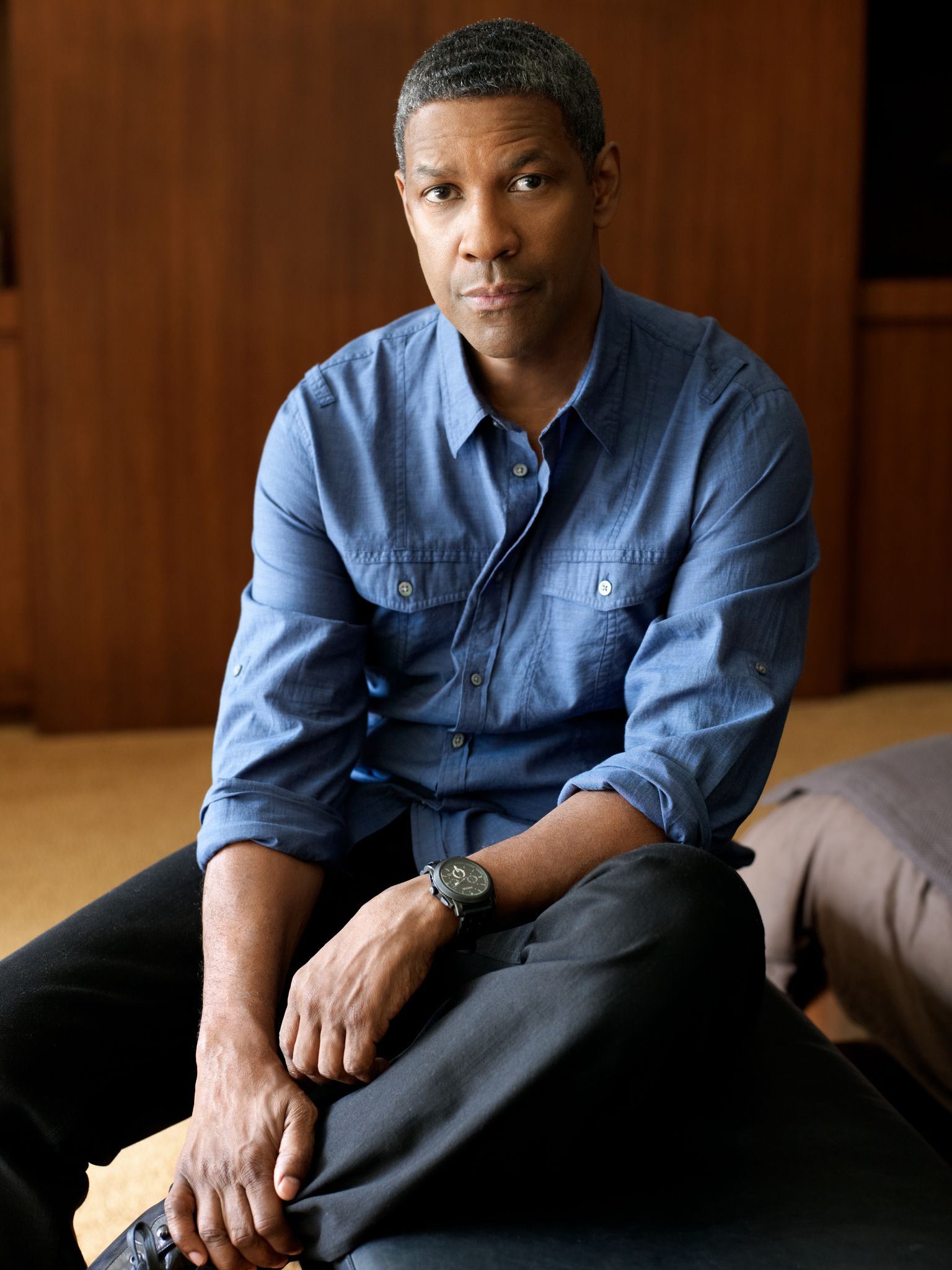
Washington reunited with Spike Lee for one of his most critically acclaimed roles, the title character in the historical epic *Malcolm X* (1992). The New York Times awarded the film its Critic’s Pick, with Vincent Canby declaring, “In Denzel Washington, it also has a fine actor who does for ‘Malcolm X’ what Ben Kingsley did for ‘Gandhi’. Mr. Washington not only looks the part, but he also has the psychological heft, the intelligence, and the reserve to give the film the dramatic excitement.” His portrayal of the Black nationalist leader earned him another Academy Award nomination for Best Actor.
In 1992, he also established his own production company, Mundy Lane Entertainment. The following year, he starred in Jonathan Demme’s *Philadelphia* (1993), playing the lawyer defending a gay man with AIDS, portrayed by Tom Hanks. *Sight & Sound* highlighted the casting’s significance, noting, “Casting Washington in the lead guaranteed the film the black audience that otherwise might not have had much interest in the problems of a rich white homosexual with Aids.”
The mid-1990s saw Washington starring in a series of commercially successful thrillers, including *The Pelican Brief* (1993) with Julia Roberts and *Crimson Tide* (1995) with Gene Hackman. He also explored Shakespearean comedy in Kenneth Branagh’s *Much Ado About Nothing* (1993). In 1996, he delivered a praised performance in *Courage Under Fire*, where he investigated a female chopper commander’s worthiness for the Medal of Honor.
Variety commended his work in *Courage Under Fire*, writing that his performance was “probing, reserved and sensitively drawn.” He also starred alongside Whitney Houston in the romantic comedy *The Preacher’s Wife* (1996). In 1998, he reunited with Spike Lee for *He Got Game*, playing a father on temporary parole to persuade his basketball player son to sign with a governor’s alma mater, marking their third collaboration. That same year, he starred in Gregory Hoblit’s supernatural horror film *Fallen*.
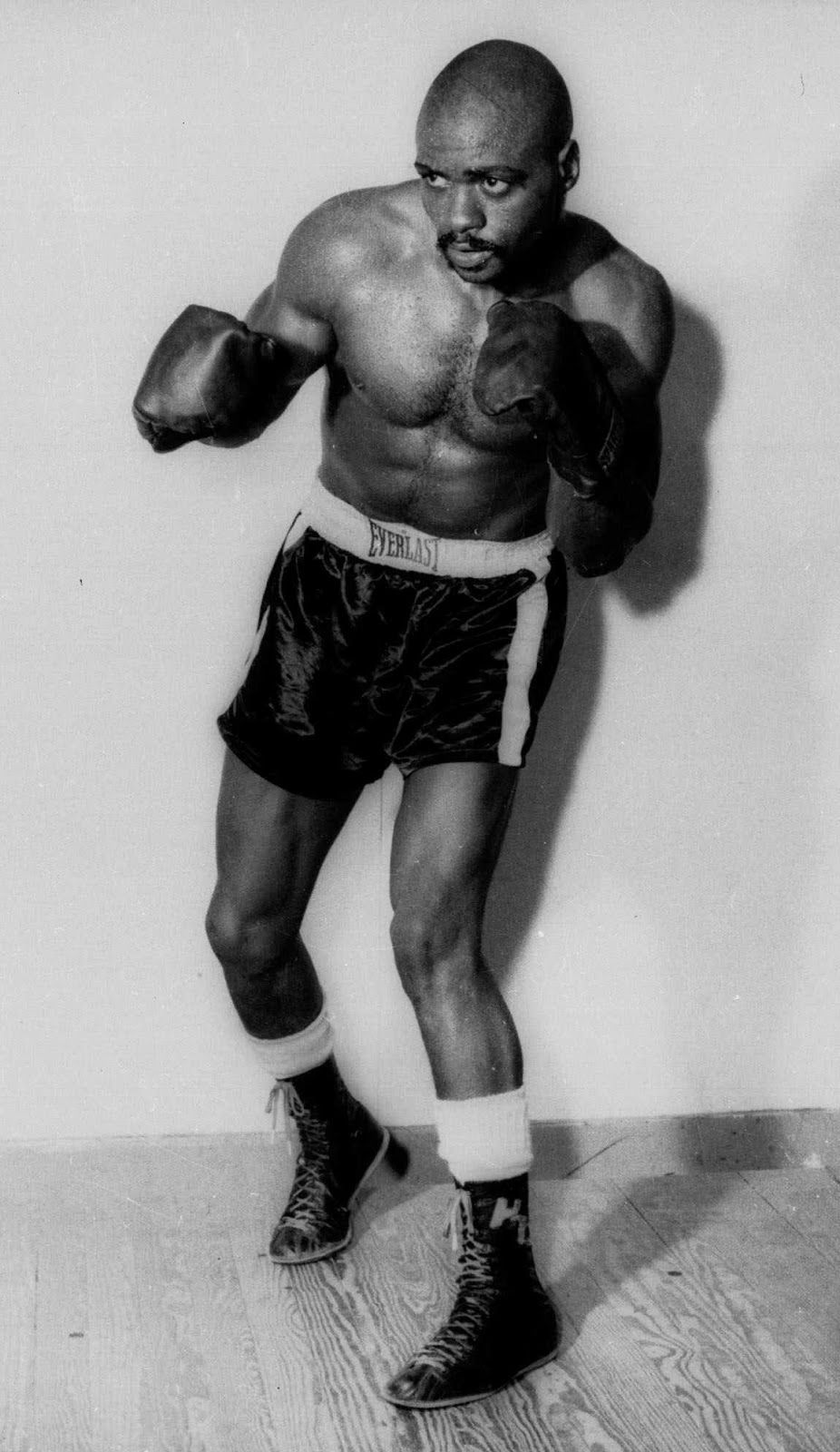
The decade concluded with strong performances in *The Bone Collector* (1999) opposite Angelina Jolie, and *The Hurricane* (1999), where he portrayed boxer Rubin ‘Hurricane’ Carter. Although *The Hurricane* was less financially successful than *The Bone Collector*, it received better critical reception. Washington’s performance as Carter earned him a Silver Bear Award at the Berlin International Film Festival.
Film critic Roger Ebert lauded Washington’s work in *The Hurricane*, stating, “This is one of Denzel Washington’s great performances, on a par with his work in Malcolm X.” This role also secured him the Golden Globe Award for Best Actor – Motion Picture Drama at the 57th Golden Globe Awards in 2000, making him the first black actor to win the award since Sidney Poitier in 1963. Mick LaSalle of the San Francisco Chronicle praised his portrayal as a “penetrating portrait of life at its most extreme.
In 2000, Washington further diversified his roles by starring as Herman Boone, the high school football coach, in the Disney sports drama film *Remember the Titans*, which grossed over $100 million in the U.S. Andrew O’Hehir of Salon highlighted his pivotal role, noting, “Washington is of course the linchpin of Remember the Titans; he’s a commanding actor in a commanding role.
His second Academy Award, for Best Actor, came in 2001 for his portrayal of Detective Alonzo Harris, a corrupt Los Angeles police officer, in Antoine Fuqua’s crime thriller *Training Day*. Roger Ebert remarked on his transformation, stating, “For Denzel Washington, [it is] a rare villainous role; he doesn’t look, sound, or move like his usual likable characters…he’s like a monster from a horror film, unkillable and implacable.” This win made him the second African-American actor to win the category after Sidney Poitier, who received an Honorary Academy Award on the same night.
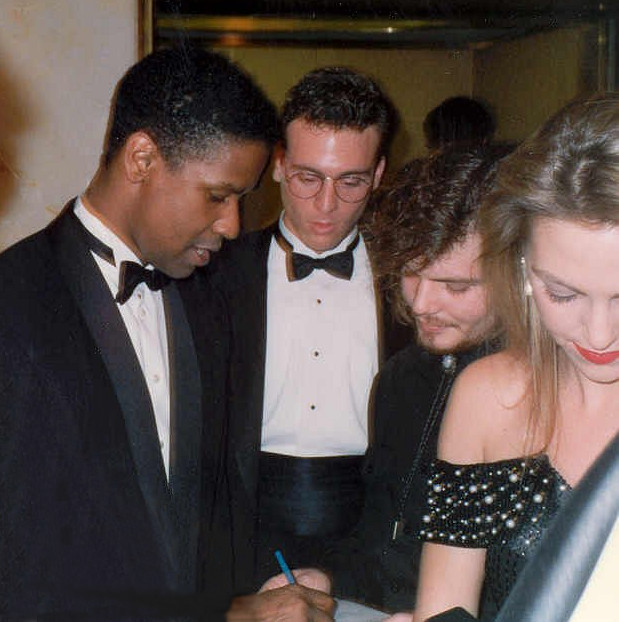
In 2002, he starred in Nick Cassavetes’ healthcare-themed drama *John Q.*, a financial success despite mixed reviews, with critics often praising Washington’s intense and humane performance. That same year, Washington made his directorial debut with the well-reviewed drama *Antwone Fisher*, in which he also co-starred as a Navy psychiatrist. Stephen Holden of The New York Times commended his direction, observing, “Mr. Washington shows a confident grasp of cinematic narrative in a hearty meat-and-potatoes style.”
From 2003 to 2006, Washington continued his success in thrillers, including Carl Franklin’s *Out of Time*, Tony Scott’s *Man on Fire* with Dakota Fanning, and the 2004 remake of *The Manchurian Candidate* opposite Meryl Streep. In 2006, he starred in *Inside Man*, a Spike Lee-directed bank heist thriller, and the time travel movie *Déjà Vu*, both performing well at the box office.
Returning to the stage in 2005, Washington played Brutus in the Broadway revival of *Julius Caesar*. While reviews were mixed, the production’s limited run consistently sold out. In 2007, he co-starred with Russell Crowe for the second time in Ridley Scott’s crime drama *American Gangster*, earning a Golden Globe Award nomination. He also directed and starred in the drama *The Great Debaters* with Forest Whitaker. His fifth and final collaboration with director Tony Scott was the 2009 film *The Taking of Pelham 123*.
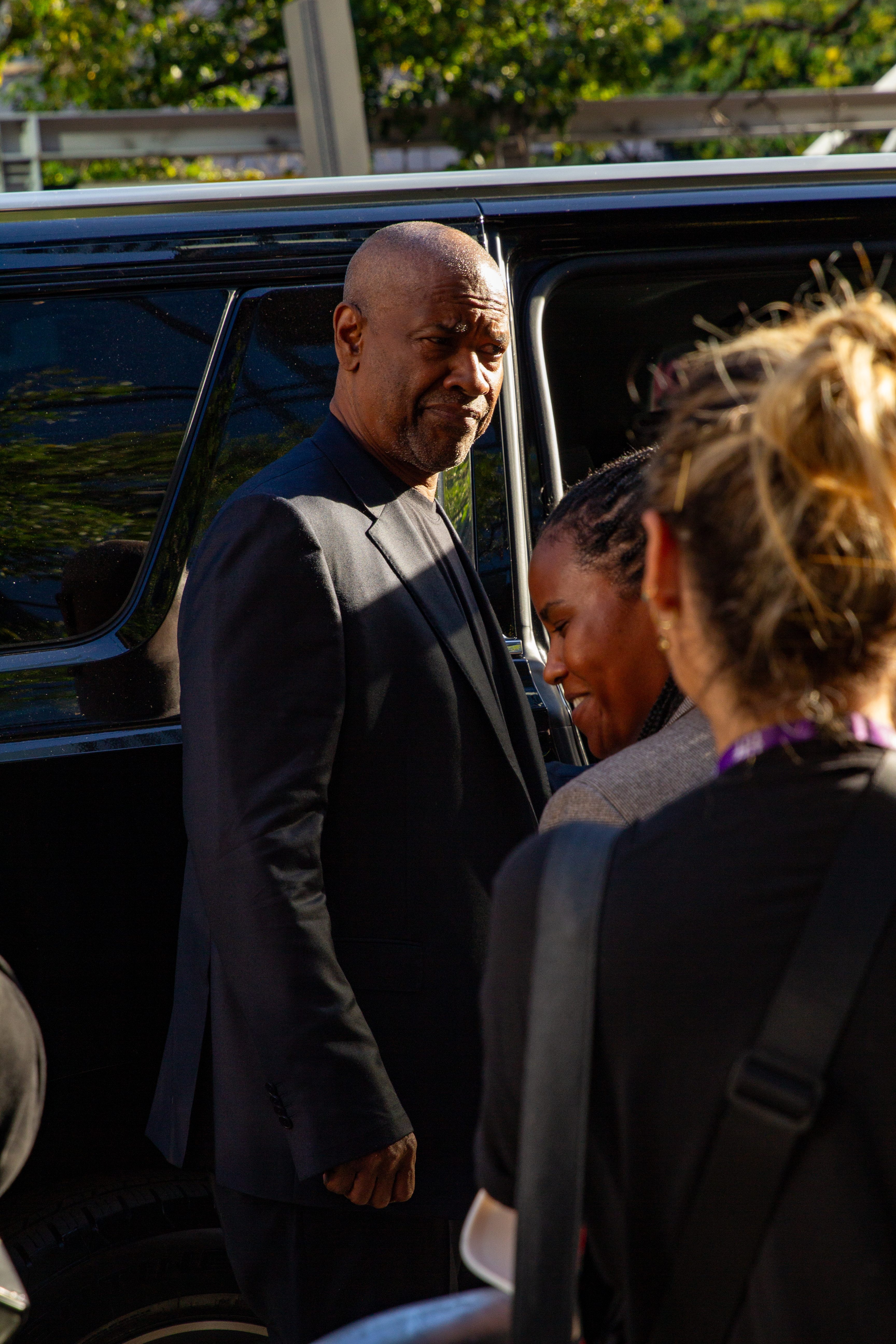
The 2010s saw Washington’s significant return to Broadway and the launch of a successful action franchise. In 2010, he played Troy Maxson in the Broadway revival of August Wilson’s *Fences*, opposite Viola Davis. Ben Brantley of The New York Times praised his performance, noting, “Mr. Washington has the fluid naturalness we associate with good screen actors.” He won the Tony Award for Best Actor in a Play for this role on June 13, 2010.
That same year, Washington starred in *The Book of Eli*, a post-apocalyptic action-drama, and in the action film *Unstoppable*, where he portrayed a veteran railroad engineer. In 2012, his role as an alcoholic airline pilot facing investigation in *Flight* earned him another Academy Award nomination for Best Actor. He also co-starred with Ryan Reynolds in *Safe House*, a role for which he subjected himself to a torture session including waterboarding as preparation.
In 2013, Washington starred alongside Mark Wahlberg in *2 Guns*. From April to June 2014, he took the leading role in the Broadway production of Lorraine Hansberry’s classic drama *A Raisin in the Sun*, which received positive reviews and won the 2014 Tony Award for Best Revival of a Play. That same year, he launched *The Equalizer* film series, starring in the action thriller directed by Antoine Fuqua.
He reprised his role in *The Equalizer 2* (2018) and the third and final installment, *The Equalizer 3* (2023). In 2016, Washington starred in *The Magnificent Seven*, a remake of the 1960 Western. This marked his first Western film, and he portrayed Sam Chisolm, a warrant officer from Wichita, Kansas. Notably, he did not watch Westerns growing up, as his minister father had barred him and his siblings from the cinema, directing them instead to biblical films like *King of Kings*.
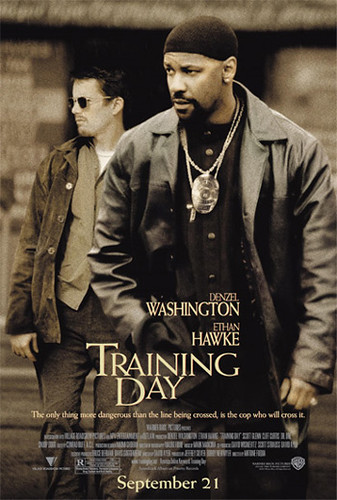
Washington did not view the original *The Magnificent Seven* in preparation for his role but did watch *Seven Samurai*. Antoine Fuqua personally flew to New York City to negotiate with Washington, who ultimately accepted the offer. In 2016, Washington also directed the film adaptation of August Wilson’s *Fences*, co-starring Viola Davis. Owen Gleiberman of Variety lauded his dual role, stating, “Washington, as both actor and director, gets the conversation humming with a speed and alacrity that keeps the audience jazzed…Washington tears through it with a joyful ferocity.”
For his performance in *Fences*, Washington received nominations for a Golden Globe, a Screen Actors Guild Award, and an Academy Award. The film itself earned three other Oscar nominations and secured Viola Davis her first Oscar for Best Supporting Actress. The following year, Washington starred in the legal drama *Roman J. Israel, Esq.* (2017).
While the film garnered mixed reviews, Washington’s performance was widely praised by critics, leading to nominations for a Golden Globe Award, a Screen Actors Guild Award, and his ninth overall Oscar nomination, his sixth for Best Actor. Beginning March 22, 2018, Washington returned to Broadway as Theodore “Hickey” Hickman in a revival of Eugene O’Neill’s *The Iceman Cometh*. The production ran for 14 weeks and received positive reviews, with Alexis Soloski of The Guardian noting, “For most of it, Washington is playing Washington, letting his good looks and irrepressible charm do most of the character work.”
The 2020s have seen Washington continue to exert his influence as a producer, director, and acclaimed actor. In 2020, he produced the Netflix film adaptation of August Wilson’s play *Ma Rainey’s Black Bottom*, which starred Chadwick Boseman and Viola Davis and received positive reviews. The following year, he portrayed Deputy Sheriff Joe “Deke” Deacon in the crime thriller *The Little Things*, released in theaters and on HBO Max during the COVID-19 pandemic.
Also in 2021, Washington delivered a universally acclaimed performance as the titular character in the film adaptation of William Shakespeare’s tragedy *Macbeth*, earning nominations for an Academy Award, a Golden Globe Award, and a Screen Actors Guild Award. That same year, he directed the drama *A Journal for Jordan*, based on Dana Canedy’s memoir, which received a wide theatrical release on December 25, 2021.
In 2024, Washington starred in Ridley Scott’s epic historical drama *Gladiator II* alongside Paul Mescal, Pedro Pascal, and Connie Nielsen. His performance was described as scene-stealing and a standout aspect of the film, earning him a Golden Globe Award nomination. The same year, Washington served as a producer for *The Piano Lesson*, the Netflix film adaptation of the August Wilson play, directed by his son Malcolm Washington and starring his other son, John David Washington.
Looking ahead, 2025 will see Washington return to Broadway once more, portraying the title role in a revival of William Shakespeare’s *Othello*, starring opposite Jake Gyllenhaal as Iago. He will also reunite with Spike Lee for the police procedural drama film *Highest 2 Lowest*, a remake of Akira Kurosawa’s 1963 film *High and Low*. The film is a joint production with A24 and Apple TV+ and will also feature Jeffrey Wright and Ilfenesh Hadera.
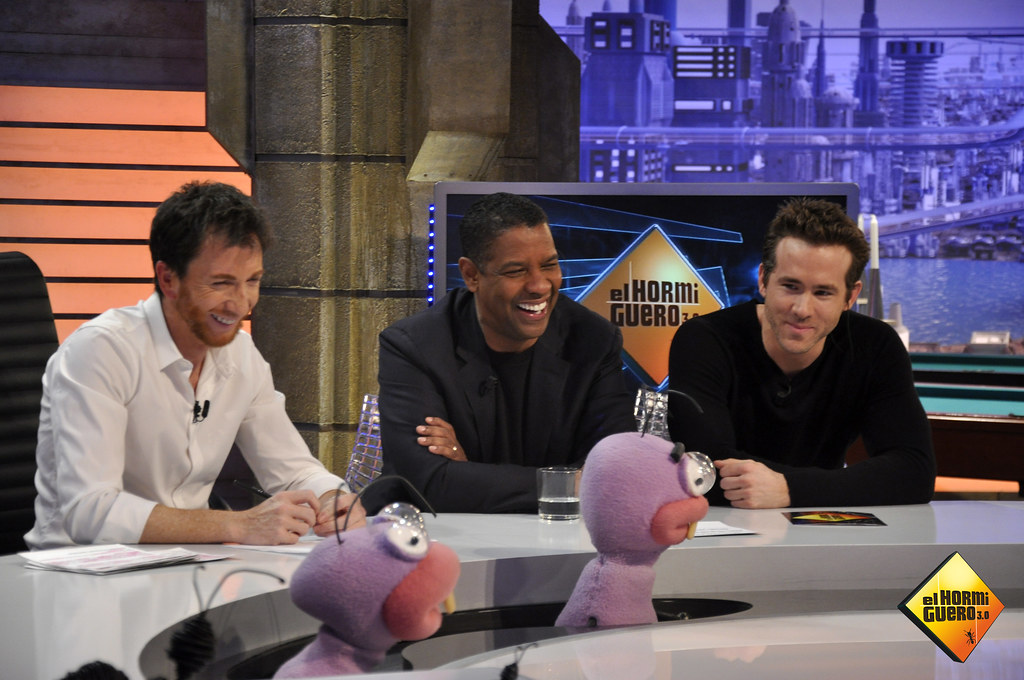
In a highly anticipated announcement in November 2025, Washington revealed he would be starring in *Black Panther 3*, set in the Marvel Cinematic Universe. Additionally, he was cast as the Carthaginian general Hannibal in an upcoming Netflix film, a decision that generated controversy in Tunisia.
Beyond his acting and directing, Washington has consistently emphasized his identity as a stage actor over a Hollywood star. He has cited legendary figures like James Earl Jones, calling him “my hero” and stating, “he is who I wanted to be.” Sidney Poitier also served as a significant inspiration, with Washington referring to him as “a mentor, needless to say, an example, a friend.” Morgan Freeman has also been mentioned as an influence.
Washington’s influence extends to a new generation of talent, as he has mentored numerous actors throughout his career. Among those he has guided are Chadwick Boseman, Mahershala Ali, Michael B. Jordan, Jamie Foxx, Will Smith, Jake Gyllenhaal, Austin Butler, and Glen Powell, demonstrating his commitment to nurturing the craft.
His personal life reflects a deep-rooted commitment to family and faith. On June 25, 1983, Washington married Pauletta Pearson, whom he met on the set of his first screen work, the television film *Wilma*. They share four children: John David, an actor and former football player; Katia, who graduated from Yale University in 2010; and twins Olivia and Malcolm. Olivia has acted in films such as Lee Daniels’s *The Butler*, while Malcolm, who holds a degree in film studies from the University of Pennsylvania, made his directorial debut with *The Piano Lesson*.
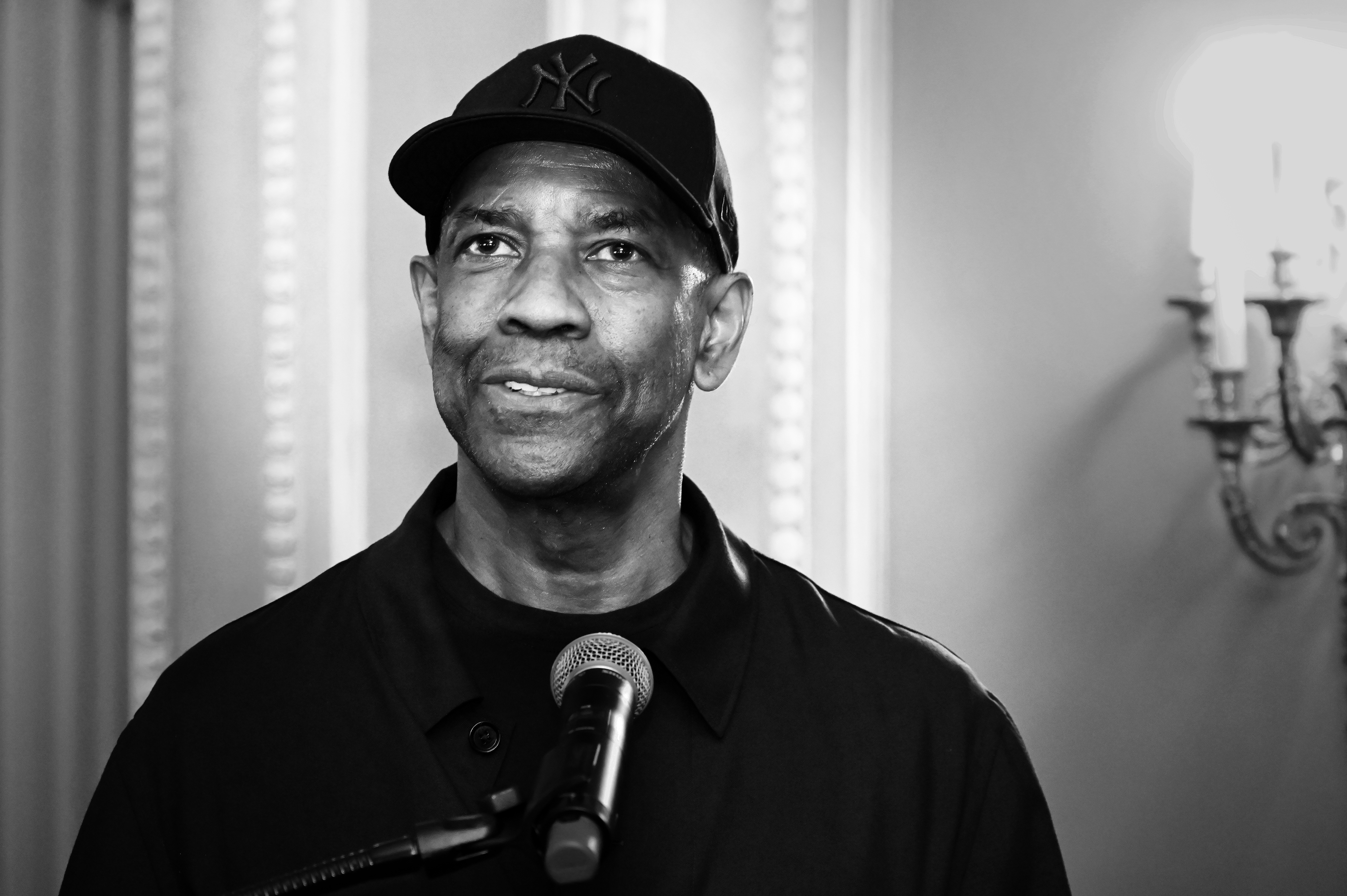
In 1995, Washington and his wife renewed their wedding vows in South Africa, with Desmond Tutu officiating the ceremony. Washington is a Pentecostal Evangelical Christian and a dedicated member of the West Angeles Church of God in Christ in Los Angeles. His faith runs deep; he has considered becoming a preacher, stating in 1999, “A part of me still says, ‘Maybe, Denzel, you’re supposed to preach. Maybe you’re still compromising.’ I’ve had an opportunity to play great men and, through their words, to preach. I take what talent I’ve been given seriously, and I want to use it for good.”
His commitment to his faith is also evident in his actions. In 1995, he donated $2.5 million to aid in the construction of the new West Angeles Church of God in Christ facility in Los Angeles. Washington regularly reads the Bible daily, integrating his spiritual beliefs into his everyday life. On December 21, 2024, he was baptized and received his ministry license from the Kelly Temple Church of God in Christ, marking another significant milestone in his spiritual journey.
Washington’s dedication to service and philanthropy is extensive and spans several decades. Since 1993, he has served as the national spokesman for Boys & Girls Clubs of America, appearing in public service announcements and awareness campaigns for the organization. His involvement deepened in 1995 when he joined their board of directors.
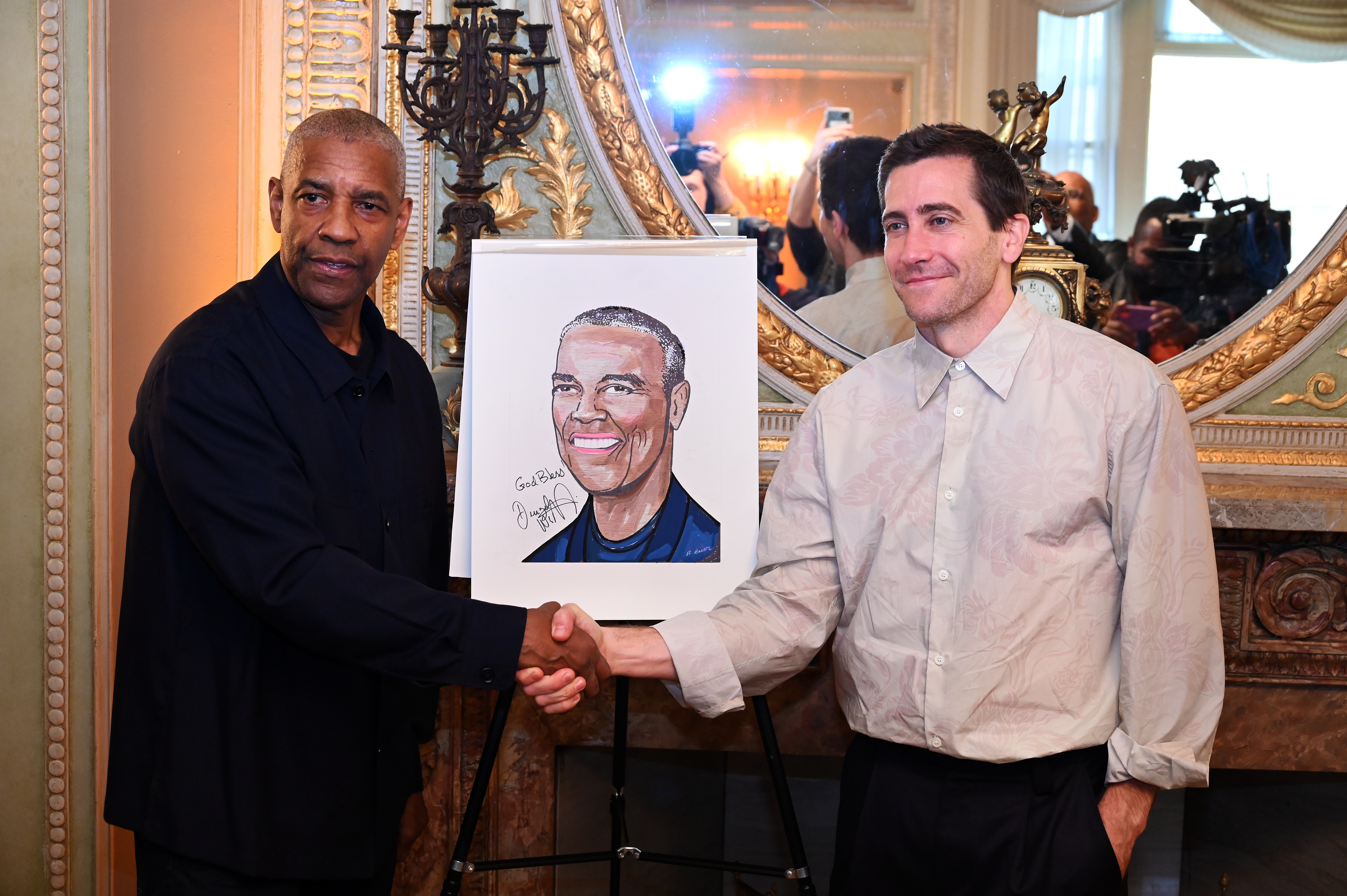
In 2006, for the Boys & Girls Clubs’ 100th anniversary, Washington co-authored “A Hand to Guide Me” with Daniel Paisner. This book highlights the profound impact of mentorship, featuring life-changing stories from over 70 of America’s leading personalities in various fields, including Presidents Jimmy Carter and Bill Clinton, Whoopi Goldberg, Muhammad Ali, and Colin Powell, all guided by caring adults in their youth. The book underscores the lesson: “If you want to change the world, start by changing the life of a child.
His philanthropic efforts extend to supporting military personnel and their families. In mid-2004, Washington visited Brooke Army Medical Center (BAMC) at Fort Sam Houston, where he participated in a Purple Heart ceremony, presenting medals to three Army soldiers recovering from wounds received in Iraq. After learning that the fort’s Fisher House facilities, which provide free homes for military families receiving medical care, had exceeded capacity, he made a substantial donation to the Fisher House Foundation.
Other notable charitable contributions include a $1 million donation to Nelson Mandela’s Children’s Fund in 1995 and another $1 million to Wiley College to revive the college’s debate team. His widespread influence even led to the Revolutionary Armed Forces of Colombia (FARC) naming Washington as one of three individuals with whom they were willing to negotiate for the release of three defense contractors held captive from 2003 to 2008, though this effort was ultimately unsuccessful.
Washington’s alma mater, Fordham University, recognized his achievements with an honorary doctorate on May 18, 1991, for having “impressively succeeded in exploring the edge of his multifaceted talent.” In 2011, he generously donated $2 million to Fordham for an endowed chair of the theater department and an additional $250,000 to establish a theater-specific scholarship. He also holds honorary degrees from Morehouse College (2007) and the University of Pennsylvania (2011).
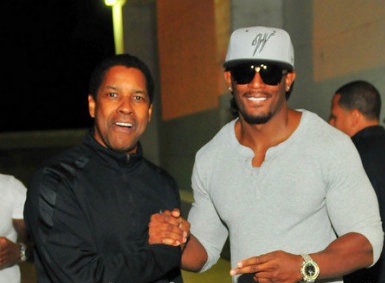
In October 2021, the United States Army honored Washington by making him the 2021 Honorary Sergeant Major of the Army at the Annual Association of the U.S. Army conference. Sergeant Major of the Army Michael A. Grinston presented the award, commending Washington’s humility, dedication to soldiers, and respect for the Army, particularly for his invaluable work with the Fisher House Foundation.
Washington’s remarkable career is adorned with an extensive list of accolades. He is the recipient of two Academy Awards, a Tony Award, three Golden Globe Awards, a Screen Actors Guild Award, and two Silver Bears. His nominations also include a Grammy Award and two Primetime Emmy Awards. Beyond competitive honors, he has received numerous honorary awards, such as the Stanley Kubrick Britannia Award in 2007, the Cecil B. DeMille Award in 2016, and the AFI Life Achievement Award in 2019.
In 2025, he was awarded the Presidential Medal of Freedom, an honor that was initially delayed from 2022 due to a positive COVID-19 test. He is also a 13-time NAACP Image Award winner, notably achieving four consecutive wins in the Outstanding Actor in a Motion Picture category from 1993 to 1997 and again from 2000 to 2003. His Academy Award-winning performances include his Best Supporting Actor role in *Glory* (1989) and his Best Actor role in *Training Day* (2001).
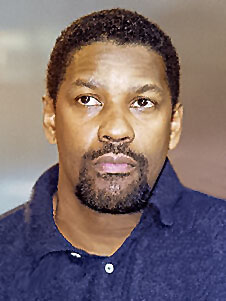
Through an extraordinary tapestry of roles and a profound commitment to his craft, Denzel Washington has not merely entertained; he has inspired, challenged, and consistently elevated the art of acting. His remarkable journey from a young man shaped by difficult choices to a global icon revered for his artistic excellence and humanitarian spirit is a powerful narrative of dedication and impact. He continues to leave an indelible mark on cinematic history and the lives of countless individuals, a true testament to a career defined by both brilliance and benevolence.

